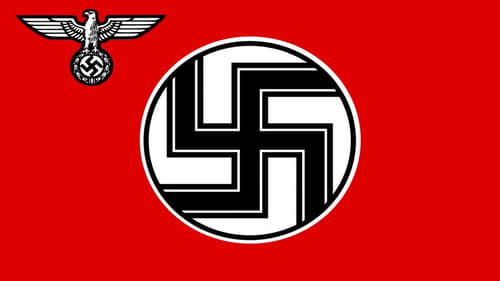Manie van Rensburg
Nacimiento : 1945-01-01, Krugersdorp, South Africa
Muerte : 1993-01-01
Historia
Van Rensburg, born in Krugersdorp in 1945, was never easy to categorize. He was described in 1983 in the Cape Argus as “a director with the talent and skill that could eventually put him with the ranks of the world’s best”; and South African film historian Martin Botha describes his development as a filmmaker as the chronicler of “the Afrikaner psyche during three significant periods: firstly, the 1930s and the trauma of urbanization; secondly, the revival of Afrikaner nationalism in the 1940s; and thirdly, the modern urban Afrikaner of the 1970s and 1980s”. Van Rensburg was obsessed with film from an early age. He bought his first movie camera at age 14 with his earnings as a church organist. In 1969, after a stint at Potchefstroom University, Van Rensburg formed his own film company, Visio Films. He was 22. He started with R140 in the bank, and directed Freddie’s in Love, a film described by Botha as one having “avant garde tendencies”. Undeterred, Van Rensburg moved on to make Die Bankrower (The Bank Robber), a competent thriller that received positive notices from the critic.
There was no letup in Van Rensburg’s passion to make films. When television finally made its appearance in South Africa in 1976, he turned to this medium as an outlet for his considerable talents. But his relationship with the State broadcaster was cut after he accompanied 52 prominent South Africans when they traveled to Dakar in 1987 to talk with the then banned ANC.
Van Rensburg received many awards for his work inside South Africa, and also abroad. “His films,” says Botha, “explore the psyche of the Afrikaner within an historical as well as a contemporary context. He is preoccupied with communication problems between people, especially within love relationships. The outsider is a dominant figure in his universe. By studying Van Rensburg’s oeuvre, one realizes that he is probably South Africa’s most prominent contemporary auteur director.” He formed friendships with people like Jans Rautenbach and Van Zyl Slabbert, yet his life was consistently enigmatic and sad. His marriage to actress Grethe Fox failed. He broke his back and was confined to a wheelchair. And at the end of 1993 he committed suicide, an act still clouded in mystery. —kwailawai.blogspot.co.uk

